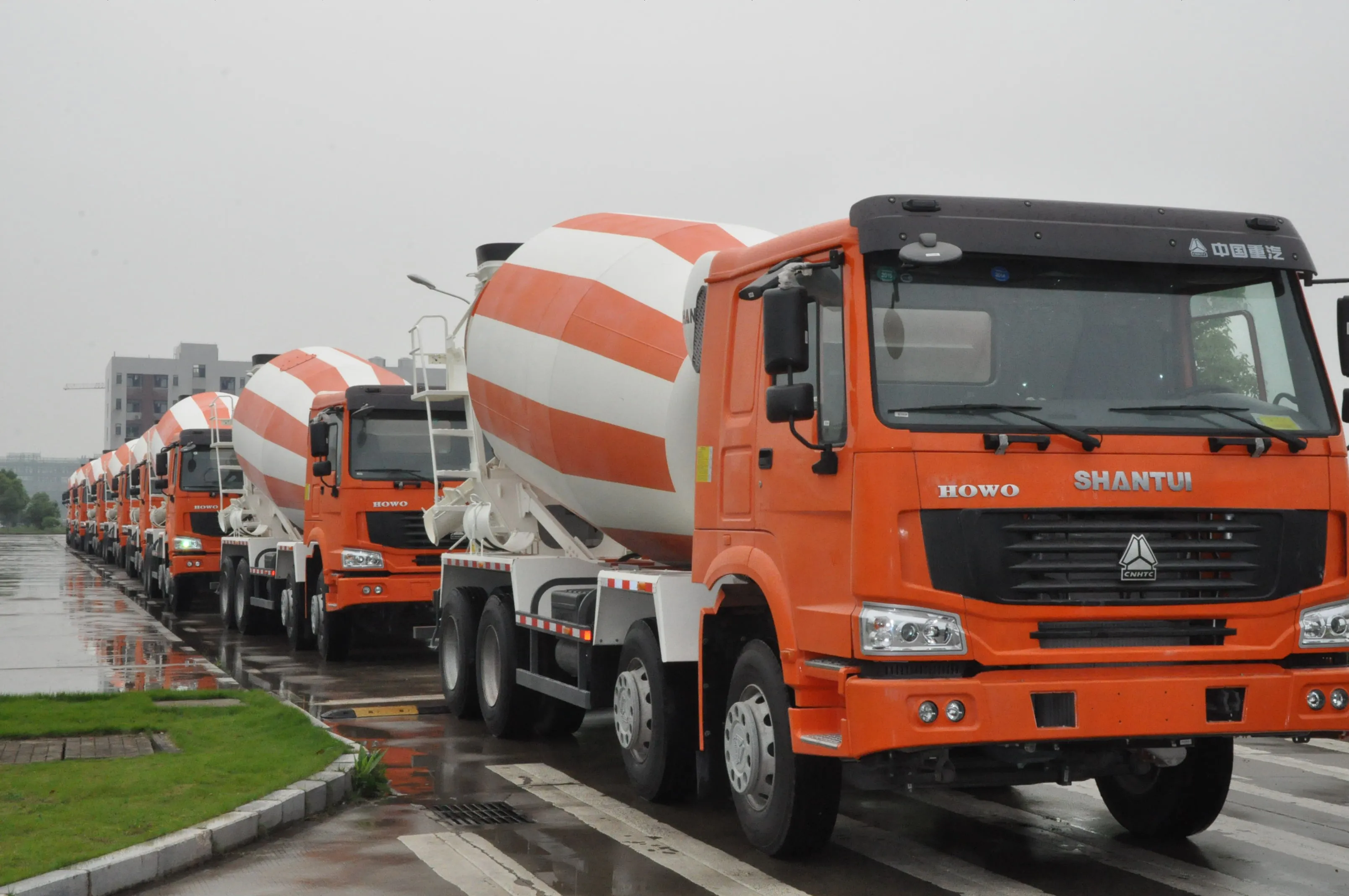
The future for electric drive machines looks healthy, and not just for on-road transport. As concerns grow worldwide over urban pollution levels as well as global warming, it seems that electric drive vehicles are being seen as one of the answers for the future.
In the automotive sector, sales of electric vehicles are growing as manufacturers offer improved models that benefit from better range due to gains in battery technology as well as faster recharging and future potential from supercapacitors. These new generation vehicles are also dropping in price, with subsidies also being offered to further tempt buyers.
In China in particular, the authorities are offering further benefits to customers in a bid to cut the pollution problems seen in many of the major cities. The EV concept is by no means restricted to passenger cars either, with electric vans and buses already in use, and electric trucks coming to market.
Questions do still remain over how the electrical power will be generated. Old style coal-fired plants are being phased out and shut down around the world however, both in Europe and in China for example. Fission plants are once more being seen as an option for power generation (although questions remain over waste disposal), while renewable sources such as wave power and solar power in particular, are gaining traction.
With such a strong push towards electric vehicles for on-road use, it should surely be no surprise that the off-highway machinery market is developing electric power options. At the recent CONEXPO-CON/AGG 2017 exhibition in Las Vegas, it was noticeable how many construction equipment manufacturers were offering electric machines; Units with hybrid drives have been available for some time but firms are now taking the extra step of offering all-electric units. Most of these are compact machines, with many designed specifically for use inside buildings or tunnels. But larger earthmoving machines with all-electric drives are envisaged.
And a new report from IDTechEx Research adds further weight to the potential for electric drive machines in both construction and the extraction industry. According to the report, electric vehicles for the construction and extraction (and agriculture) sectors would represent a US$81 billion market by 2027. The report reveals how systems such as battery exchanging could help provide the power required for heavy equipment to work through an entire shift. In addition, the report shows how large extraction operations could increase their use of electric power, with trolley line systems being utilised to power large and highly mobile equipment such as trucks.
The internal combustion engine dominated the 20th century as a means for motive power, both in spark ignition and compression ignition form. But as the 21st century unfolds, the internal combustion engine could finally give way to the electric motor instead.






